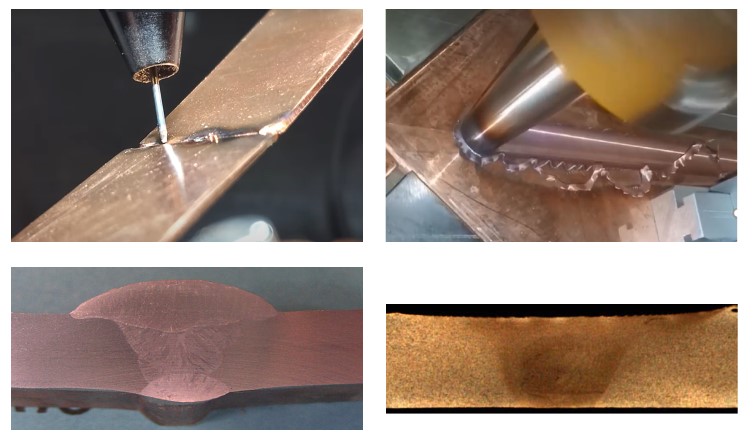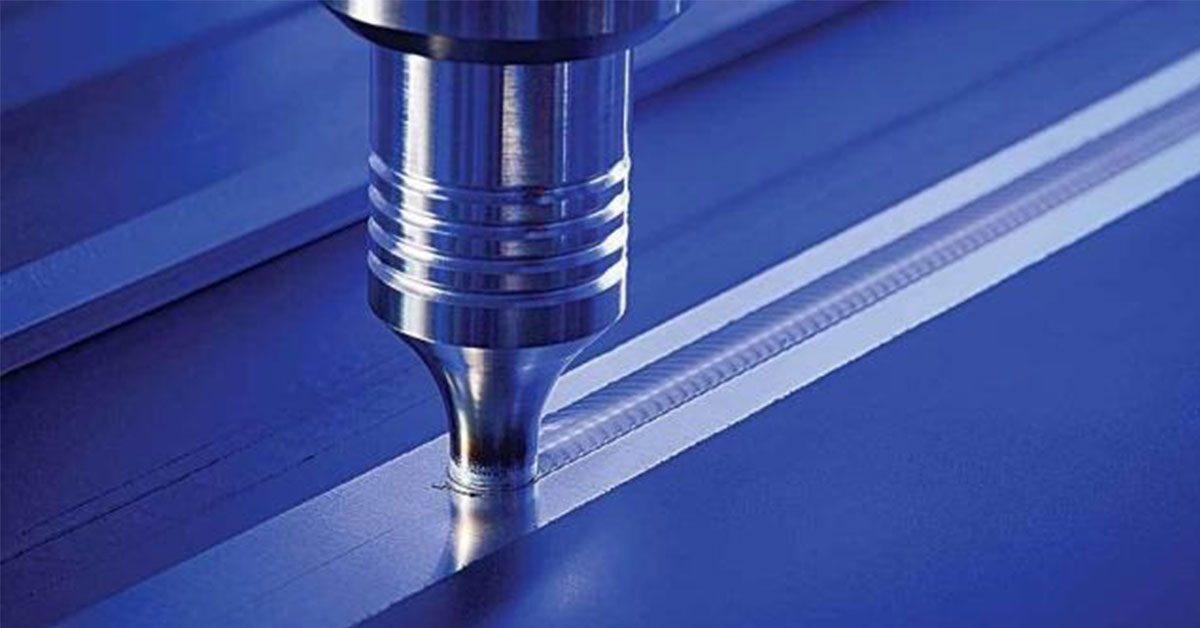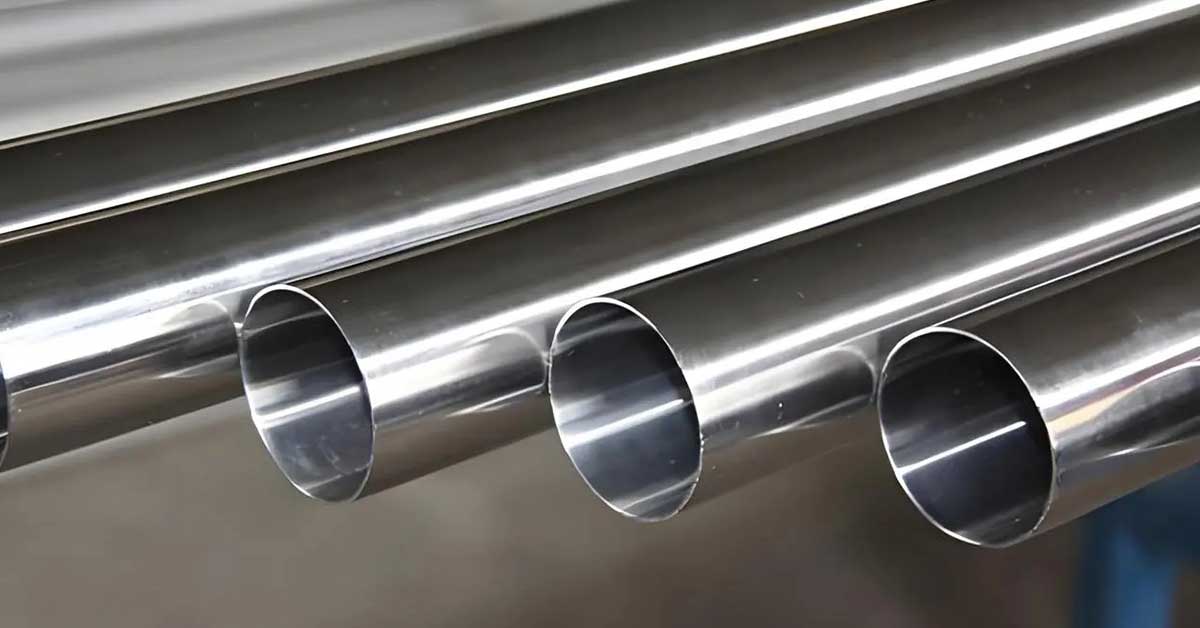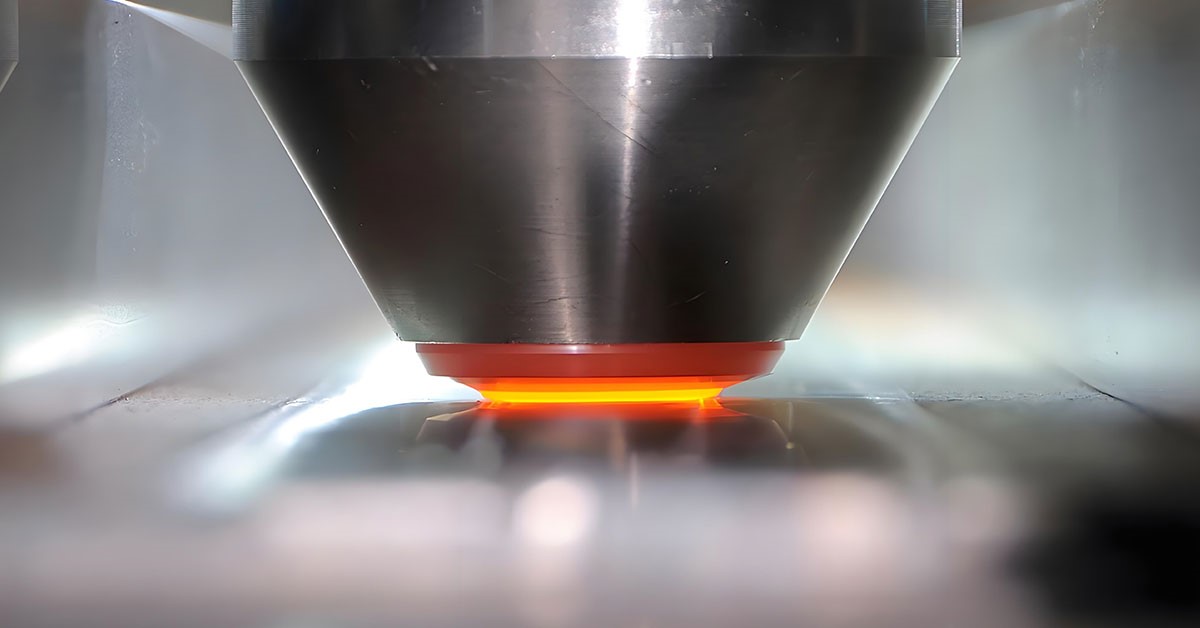Refill Friction Stir Spot Welding, RFSSW, Friction Stir Welding, FSW
Refill Friction Stir Spot Welding (RFSSW) is a solid-state joining process, which is a development of Friction Stir Welding (FSW).
Unlike FSW, there is no traversing motion associated with the RFSSW process. This results in a localised ‘spot’ weld.
The process uses a non-consumable tool comprised of two rotating components – probe and shoulder.
Although one continuous process, RFSSW occurs over four stages: the first of which sees the tool move to the surface of the top sheet, where it rotates to produce the initial frictional pre-heating.
Once the pre-heating stage is complete, the material is sufficiently soft, allowing the shoulder to plunge to a pre-determined depth in the base material while the probe retracts to create a gap into which the displaced material can flow.
The third stage of the process involves the rotating components returning to the top surface, consolidating the weld material. Finally, the weld cycle finishes when the tool is retracted from the top surface of the material.
The key industrial drivers for this technology are to replace mass-adding fastening processes, such as riveting, and to join a range of dissimilar materials, which are currently difficult to join using fusion welding processes.
RFSSW has been promarily used to join heat treatable aluminium alloys and to join dissimilar material combinations, such as aluminium alloys to magnesium, steel, titanium and copper. Carbon fibre composites have also been joined.
The RFSSW process offers a number of advantages over current spot joining methods, especially for the joining of aluminium alloys.
For example, RFSSW aviods many of the defects associated with melting and solidification of metals, owing to the material remaining in the solid-state; no filler material or third body is added to the weld, reducing component mass; No fumes, porosity or spatter are generated; and the process is easily automated, making it suitable for production.
RFSSW is an ideal alternative to mass-adding fastening processes such as riveting, which lends it to a variety of potential applications.
These include in industries where light weighting is an important factor, such as marine and shipbuildung, aerospace and the automative industries.
Article Source: TWI





